Games have come a long way in depicting LGBTQ characters and narratives, reflecting changing societal attitudes towards inclusivity. Indie developers are at the forefront of this movement, creating immersive virtual landscapes that explore queer themes. However, in their quest for inclusion, these gay narrative games run the risk of reinforcing hegemonic power structures. In this article, we examine how gay gaming narrative reinforces and challenges normative structures.
Persona 4
A game that lauds its own psychoanalysis, Persona thrives on exploring the mind of its teenage protagonists as they wander through dungeons that reflect their repressed desires and subconscious demons. But its approach to sexuality and LGBT+ representation has been both daring and problematic at times. For example, the character Kanji is heavily implied to be gay and his aggressive, sexist, homophobic behaviour is often attributed to his internalised homosexuality. Yet his sexuality is never acknowledged by Kanji or any other character, a choice that plays with dangerous stereotypes and could have serious consequences for LGBT+ players.
That said, Persona 4 has some of the most blatantly explicit sexual innuendo in a JRPG to date, a fact that is even more obvious when compared to its contemporary Persona 5. Both the original and Royal versions feature characters who engage in sexual activity with both younger and older children, while the latter’s ‘dance club’ scene depicts two predatory older gay men making unwelcome advances to a minor. This is a problem the series still struggles with to this day, despite recent revisions to Persona 5’s depiction of LGBT+ people.
Gone Home
Gone Home was a gay narrative game unlike any other when it came out in 2013. The first-person exploration game, which sparked the genre of walking simulators, isn’t a shooter. It’s a story about two girls discovering their identities and falling in love — a quintessential Bildungsroman. And it’s a game whose makers, Portland indie outfit The Fullbright Company, wanted to make the case that video games can be mature, too, and not just about explosions or gruesome violence.
Gone Home is all about exploring a house, and the secrets it holds are revealed through a variety of written artifacts: diaries, notes, letters. These clues, which are scattered throughout the Greenbriar residence like months’ worth of scribbled post-its on the walls, allow you to piece together the intricacies of each family member’s inner life. They’re a testament to the strength of the writing and voice work, which manage to avoid being melodramatic. But the narrative feels unfinished, as if Gaynor, Zimonja, Nordhagen and their team started with grand designs for intimate storytelling in gay narration games and then struggled to fit them into the medium’s limitations.
That’s because, despite its noble intentions, Gone Home still isn’t the pinnacle of video gay game narrative. Its lack of action and explosions may make it less than a thrilling ride, but its quieter moments are just as poignant.
Gay narration porn games
Persona 3
As the original in a series that has now grown to include five entries, Persona 3 still manages to hold its own. It’s dark and depressing, tackling big themes like life after death and finding meaning in a world where most people seem to be wallowing in apathy and suffering from a symptom called “Dark Hour.” But it also delivers satisfying and bittersweet answers that make these questions feel incredibly relevant to the player.
While the game isn’t without its flaws (particularly the shoddy way it introduces new characters later on and gives them backstories that are only hinted at, rather than explained), it stands as an example of how to create meaningful relationships in video narrative gay games that resonate with real-life ethos. It’s too bad that Atlus doesn’t put its best foot forward with the presentation of those relationships in this rerelease, which rewards players who choose passive dialogue options instead of forcing them to engage with their characters.
It’s cheesy, but Persona 3 is a reminder that death is inevitable and that we should spend our lives finding beauty in the small moments, because it makes them all the more precious when we finally pass away knowing we lived every day as if it was our last.

Stud Gay Game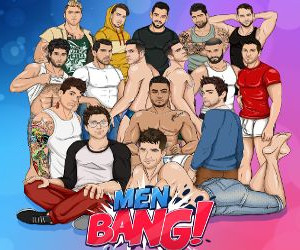
Men Bang
3D Gay Game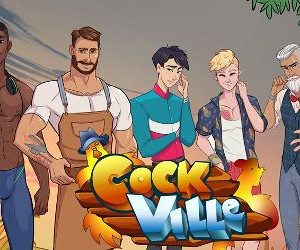
Cockville
3DXChat
Fap CEO: Men Stream
LGBTQ gay games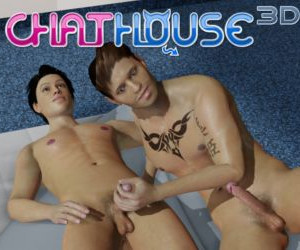
ChatHouse 3D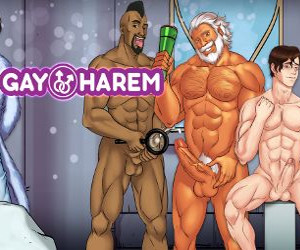
Gay Harem
3D GayVilla 2
Gay Pornstar Harem
Trans Pornstar Harem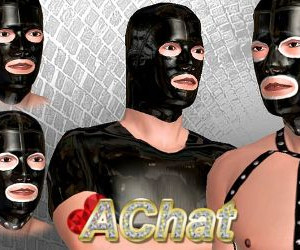
AChat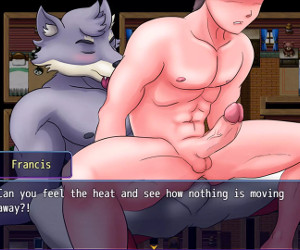
Cumming Hotel
Crave Saga X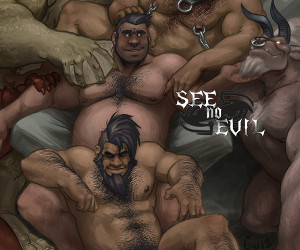
See no Evil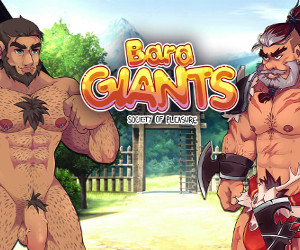
Bara Giants
Play narrative gay sex games
Mass Effect: Andromeda
The latest entry into BioWare’s sci-fi trilogy has a lot of problems. Often, it feels like an unfinished fan-fiction, or the work of a team inspired by the original trilogy that couldn’t quite pull it off. Its character models are bland and cartoonish, the face animations especially so. The dialogue and movement often feel sloppy and clunky, and the narrative gay porn game‘s physics can be wonky.
There’s some enjoyment to be found, but it takes a little digging, and a lot of patience. There’s a good story here, and the action-RPG elements are fun, but they’re never as compelling as in the trilogy. The biggest problem is the writing: Andromeda doesn’t have the same dramatic punch as its predecessors, and it’s hard to connect with the crew on a level deeper than “I’m so happy you’re here!”
It also lacks the emotional resonance of the Paragon/Renegade system, which awarded points for Nice and Nasty actions and made your choices matter. Instead, Andromeda’s new system is a more vague morality meter, which awards you points for doing stuff and makes your decisions less significant. It’s a big step backward for a series that has always been ahead of its time in terms of diversity.
Download links
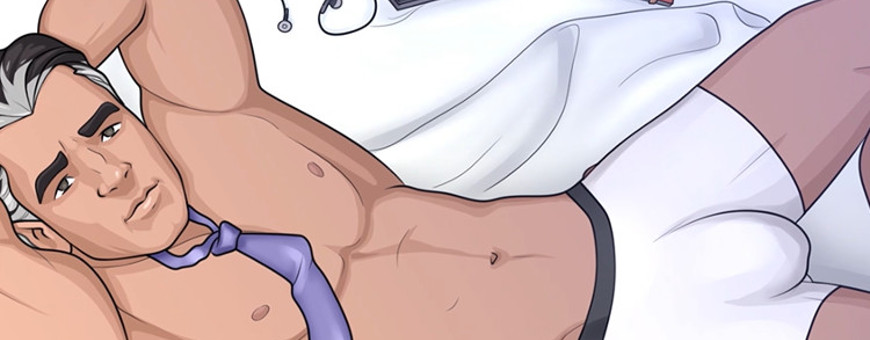
 3D Gays
3D Gays 3DXChat gay
3DXChat gay Gay Game
Gay Game VR Gay Games
VR Gay Games Try not to cum
Try not to cum Gay Harem
Gay Harem
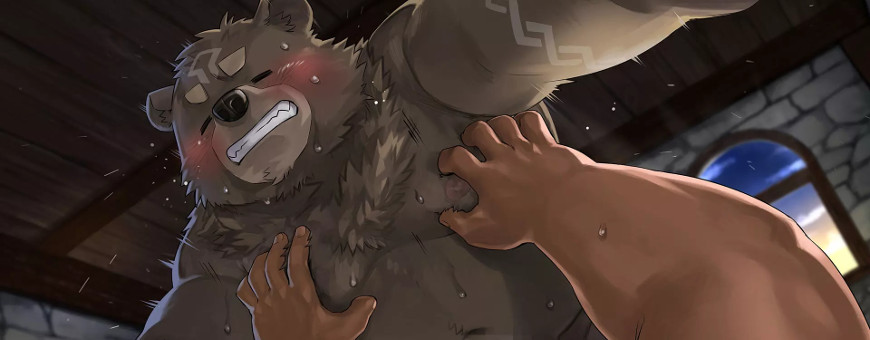


Leave a Reply